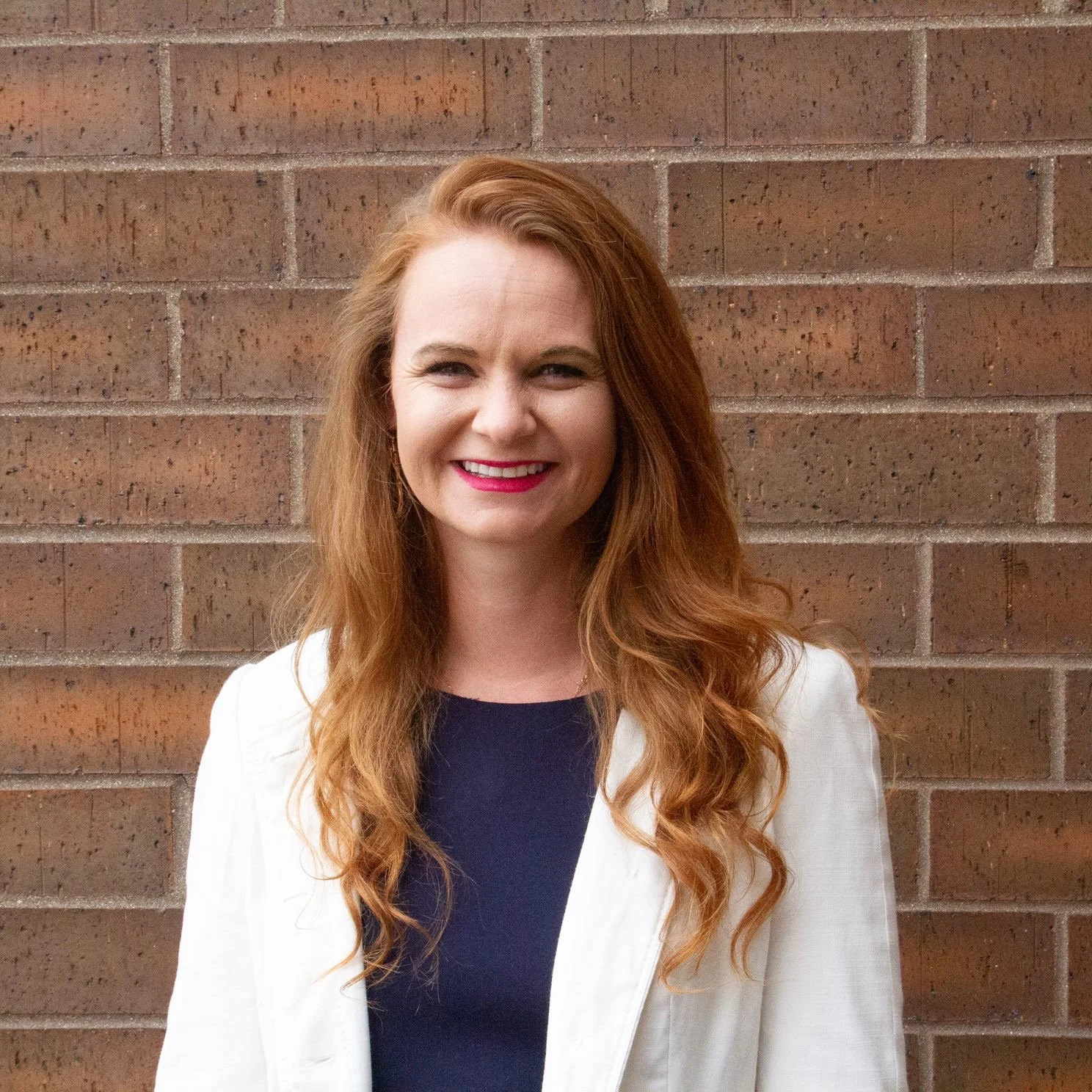You’re More Alabama Than You Think
In early June, I spent much time fielding texts, DMs, emails, GroupMes, etc., about the documentary. I’ve had a lot of feelings and thoughts; I’ve been frustrated, upset, disappointed, and embarrassed. When someone tries to tell your story without your insight or input, it can be maddening. Looking into the background of the staff who worked on the documentary, I was consistently disappointed in the lack of actual subject-matter experts featured. And, I know a few people who would have jumped at the chance to give their perspective, with intimate knowledge of the Alabama Panhellenic Association recruitment operations and processes. So why didn’t they?
It was convenient for Max to not work harder to get a broader range of stakeholders with more nuanced feedback and insight into the experience. Instead, it appears they preyed on young women who were going through or had just gone through the experience. Reflecting on that time, I laugh that these were the subject-matter experts Max could garner. It took me YEARS to process my Bama Rush experience into something that could be considered a coherent thought or idea.
And yet, there’s a seemingly insatiable desire to amplify the worst parts of the community. It reminds me of when @fraternitysocialmedia said, “If you don’t tell your story, someone else will.” Folks want to go deeper and understand the nuance of Bama Rush. From primary recruitment to secret societies, this content picks up clicks, likes, and views. That's why we see so many movies, TV series, podcasts, and documentaries over the years, and why we reach capacity at AFLV Central & West when Bama Rush is in the title of a program. Let's flip this narrative and see this as an opportunity to think about what we can learn from Bama Rush. Ultimately, what happens at Alabama affects everyone, whether in perception or actuality.
This appetite for folks to know, understand, and see behind the curtain of Bama Rush illuminates an opportunity. I recently texted my best friend, “It’s not that deep, and it didn't touch on the things that are deep.” It may be easy for me to say this as someone who went through Bama Rush over ten years ago and sees many of the same themes and experiences still happening today.
If we want to talk about racism at Alabama, let’s do that.
If we want to talk about socioeconomic status disparity in fraternity/sorority, let’s do that.
If we want to talk about the way women are silenced, stifled, and censored in sororities, let’s do that.
If we want to talk about the Machine, let’s do that.
From what I saw, this tried to do all these things and massively flopped on addressing them.
So, what do we do now? A documentary threatened to be the “end of Greek Life forever,” and then wasn’t, but is there an opportunity for us to use this experience in a way that moves fraternity/sorority forward? As someone who’s always looking to challenge conventional wisdom surrounding the fraternity/sorority experience, I think it is.
This documentary gives us a window into how we can support our students better. A lot seems to have been lost in the fanfare of watch parties being planned and everyone getting their opinion out there, so I want to refocus the conversation: how do we challenge and support Panhellenic women in a world that consistently criticizes so much of what women do? How do we use this as a jumping-off point for addressing the issues our communities are experiencing? How do we tell our story in a way that takes responsibility for our inadequacies while illuminating our potential?
Responses ignore that this impacts everyone in the fraternity/sorority community, and we all have an opportunity to influence the next steps positively. These SEC communities set trends for the rest of North America, whether we like it or not. Recently I heard someone flippantly say, “It all starts at Alabama,” and I wanted to respond with, “Yeah, so maybe take note? And get ahead of it?”
While many get caught up in laughing or rolling their eyes or hating on these women at the University of Alabama, they fail to see that different facets of this environment exist in their backyard. Alabama gives us a microcosm of the greater fraternity/sorority community. The transparency into the flaws and ugly bits of the experience opens us up to make it better.
What if we used this as an opportunity to tell our own stories? I know work is being done to “market” the sorority experience by inter/national and umbrella organizations, and I respect and appreciate that. However, we had an inter/national opportunity to tell our story (and someone else was paying for it), and it appears we didn’t take advantage of it.
What message does that send these women about conflict resolution and future hurdles they may encounter? What if we used this as a simulation for tackling difficulty and taught them how to be innovative and strategic in addressing problems? What if we used it as a think tank for aspiring public relations, communications, and marketing professionals to tell our story and make the most out of it? As a hiring manager, I’d love to hear from entry-level professionals with this experience.
In contrast, a recent Queer Eye episode featured a fraternity chapter at the University of New Orleans. This chapter and the international organization took advantage of the opportunity. Although some of the environment may have been exaggerated or staged to fit into a certain stereotype about fraternity men, the overall response and feedback to the episode were overwhelmingly positive. Could we have done the same with HBO Max? I don’t know. People more intelligent than me probably have more thoughtful answers. Still, with a pending enrollment cliff, a generation lacking interest in fraternity/sorority, and rising insurance premiums, we have to innovate to promote the fraternity/sorority experience and convince students the experience is relevant to them.
I love that Matt Scalici, a local Birmingham journalist, tweeted, “I'm sure there are many UA grads who are not having a good day. My advice is that you should want corruption and ugliness to be identified and rooted out of any community you are a part of. This is only a positive if it leads to change.” This was about so much more than this documentary, but it applies. Alabama’s been in the news before and this probably won’t be the last time, but we can all take what they’re learning firsthand and get ahead of it/prevent it on your campus or in your organization. I hope that you reflect on how you think about the largest recruitment in the country and its influence and impact on the greater system.
The deep things about the sorority experience at SEC universities can’t be covered in a short mini-series or documentary. They must be peeled back and deconstructed. Much of the deep issues surrounding these organizations are rooted in the misogynistic, oppressive, and systematically inequitable way many of our groups were founded. The Machine, de facto segregation in Panhellenic sororities and #RushTok are all nuanced in a way that would take much more unpacking than the soundbites want you to believe.
Women, specifically from historically white sororities at the University of Alabama, have consistently been critiqued since our time at the University. Much of this criticism is valid and touches on deep seeded issues inherent in many of our groups: racism, sexism, heteronormativity, and more. But it’s wild that this critique just sits on the women when many problematic behaviors are evident in men's groups on campus, so let’s add that to the list to talk about too.
My experience as a member of Pi Beta Phi at the University of Alabama taught me so much more than I could have ever imagined. It challenged me to question everything, especially the status quo. It empowered me to push back on systems and structures that hurt people and to stand up with those who are marginalized. It gave me the skills to lead large groups of people and garner influence to create buy-in to new ideas and opportunities. It taught me that we’re all so much more than the dumbest or worst thing we’ve ever done; we can and should all commit to growth. I am who I am today because of Pi Beta Phi and the University of Alabama. I’m proud of that.
I used “I” throughout this piece because I own multiple identities and intersecting responsibilities and roles within the fraternity/sorority sector. I recognize I play a role in being a part of the solution for so much of this; I own this responsibility and hope you will too. If you’re interested in reading more on this topic, I’d encourage you to explore the work of Katie Plott, John Hammontree, and Abbey Crain.
Finally, I’ll leave you with this note from Seth’s Blog:
What sells is drama, conflict, and emergencies. So that’s what we get.
What if we spent our attention on a different thing? What if we built something better?
It’s easy to imagine that culture is immutable and that we have no choice but to pander for attention. But in fact, the culture keeps changing, and when we shift what we make and change what we pay attention to, the culture follows.
Jessie Ashton
Jessie creates environments for collegians and recent graduates to thrive and grow into the best versions of themselves. She believes by developing teams of diverse, driven individuals, the organizations I work for can change the world.
linkedin: @jessieashton
Article Photo by Gary Cosby Jr., Tuscaloosa News

